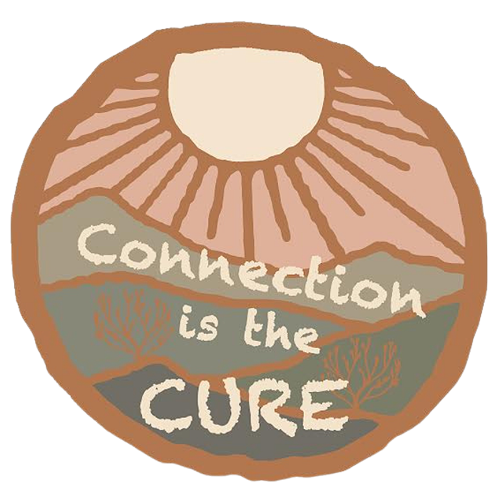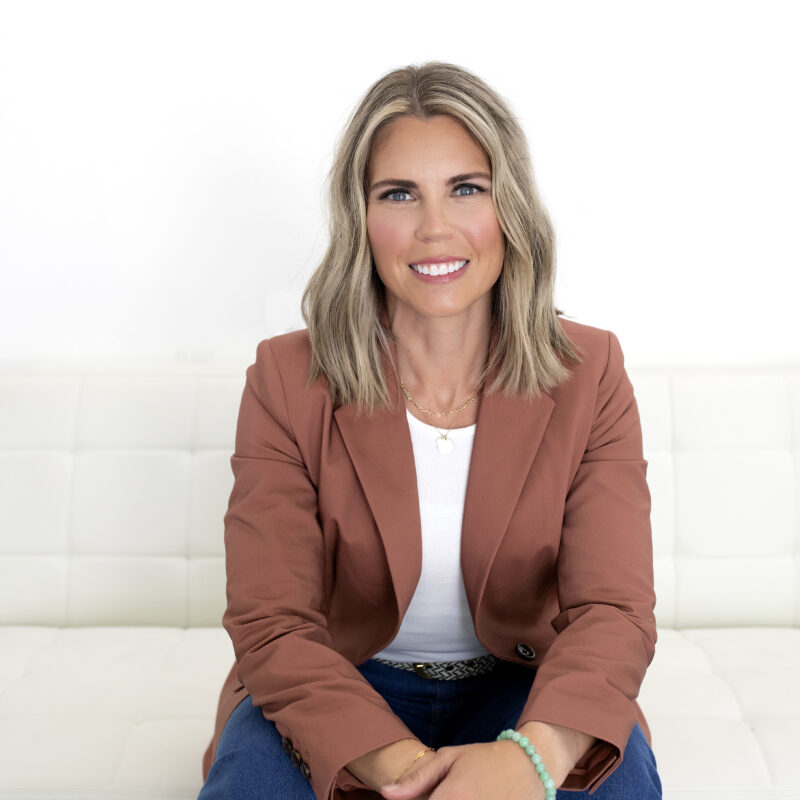
September Frogley – Founder and Executive Director
September creates the vision for Connection is the Cure. She coordinates with community partners and local leaders to find effective ways to spread our message. She is the face and heart of our organization.
Mission Statement
At Connection is the Cure our goal is to connect people to people and people to resources.
Research shows that promoting connectedness—between people and within communities— creates a sense of belonging, which can be protective against suicide and addiction. It is also crucial to those struggling with mental health challenges. We believe everyone has the ability to connect. As they connect with themselves, with their community and with their higher power, they will have the tools and the resources to help themselves as well as those around them.
As we reach out to those that are struggling, those that desperately need mental wellness tools, and those that need motivation to live another day, we create connections. Connections that can Cure. Which is why we continue to provide workshops, trainings, service projects, firesides, etc. These activities offer hope, support, and resources to those whose lives have been touched by suicide, addiction, and mental health as well as their families.
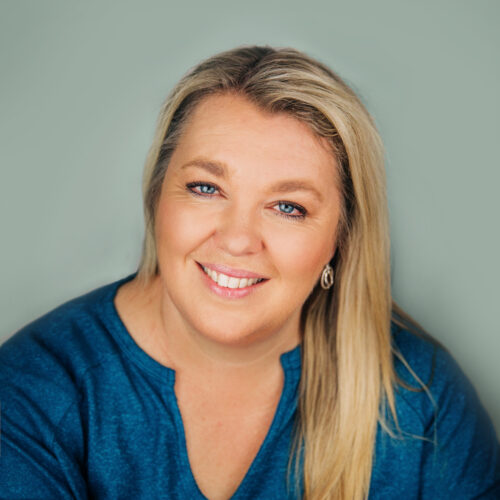
Tiffany works closely with September to put vision into action. She collaborates in order to sustain, promote, and grow our organization. She oversees events and marketing, as well as the budget for regular and special events.
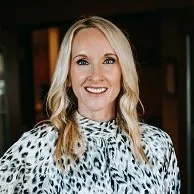
Angela oversees the fundraising committee. She helps coordinate fundraising events, such as, Grants and Idaho Gives. She also works alongside local businesses and community leaders in order to introduce them to Connection is the Cure and solicit their support.
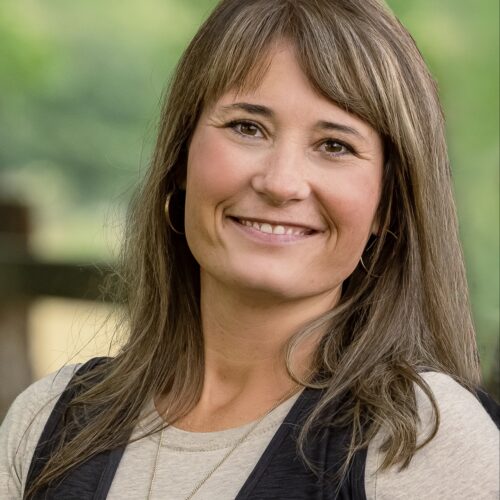
Tammy is a resource for Community Partners. She helps with distribution channels. She is also a resource for Coalitions and City councils.
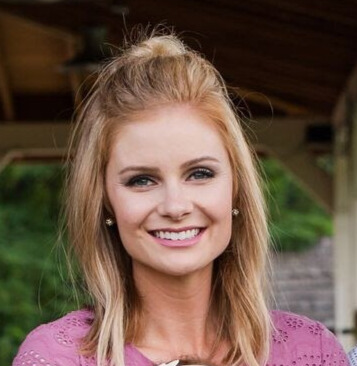
Wendy helps with the design and development of the Connection is the Cure Vision and mission.
